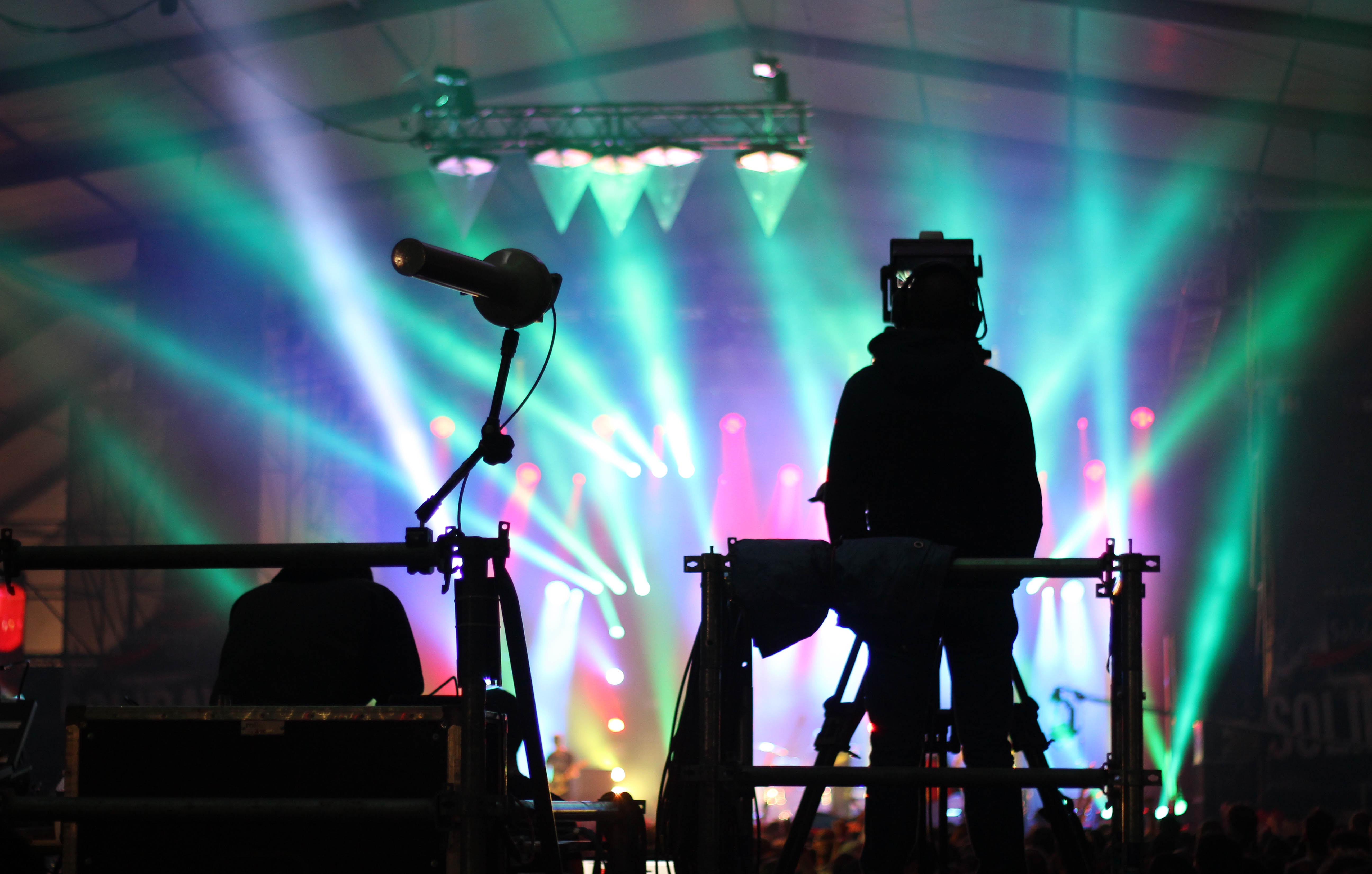Opinion: The Dangerous Side of Hip-Hop

This is the first in a two-part series on this mixed bag we call “Hip-Hop”. This post will discuss the first question raised by a Dear Mister Man subscriber:
“Do you think that there is any way to change the trend in hip hop where women are viewed as purely sexual objects?”
I’ve been a longtime fan of hip hop. But, through the years, I’ve noticed a troubling trend of hip hop lyrics that objectify women to the point of being misogynistic. Some of the songs that are easily found on Spotify or Pandora such as Too Short’s “Ain’t My Girlfriend”, Lil Baby’s “All of a Sudden”, and “Booty” by Blac Youngsta, encourage men to see women only as sexual objects. While you see these types of lyrics in other genres, it does seem more extreme and pronounced in hip hop. Do you think that there is any way to change this trend in hip hop? And can you suggest any ways to protest some of the messages in hip hop while still enjoying it as a type of music?
I am a product of the 1980’s. This is where I spent my adolescence. I became aware of hip-hop during the early part of the decade with the likes of Kurtis Blow, Afrika Bambataa, and Grand Master Flash. The music and beats grabbed me. Then there was Run-DMC with jams like “King of Rock”, “Hard Times”, and “Rock Box”. We were breakdancing and having fun because the music was fun. Other groups influenced my tastes as well (BDP, Beastie Boys, LL Cool J, Eric B. & Rakim, and Public Enemy just to name a few of many). This is music that I let my kids listen to today.
In the late ’80s and early ’90s, the rap scene began to change. My attention was drawn to the more “dangerous” side of rap music. Groups like N.W.A., Luke Skyywalker and The 2 Live Crew, Sir Mixx-A-Lot, and Too Short (yes, he’s probably the oldest rapper alive) were coming from the underground into the mainstream. Songs like “Fuck the Police”, “Cop Killer”, “Pop That Coochie”, and more were attracting the hearts and minds of millions of kids. Kids from all walks of life (including me) were drawn by the smoking hot beats and the “thug life” mentality that came with it. “Drawn to it” would be an understatement. This type of music has become a part of our culture influencing everything from television to clothing.
Let’s not forget that the ’80s birthed MTV and the music video. This is when my pubescent mentality when into hyperdrive because of the images of scantily clad women moving in ways that I never imagined. I was a hormonal teenaged boy still not clear on the responsibilities of manhood, which include not glorifying violence and not viewing females as sexual objects.
Nearly four decades later and I have since grown up. I have kids of my own. Hip-Hop has become even more ingrained in our society. I get ill when I hear teenaged boys of all races calling each other “niggaz” in the same way that you and I would call each other “brother”. I am deeply disturbed when I see a young girl, maybe 13 or 14 putting on display and showing parts of her body that should be reserved for a deserving mate.
To answer the reader’s question, the objectification of women in Hip-Hop–and other forms of pop culture–is not a trend. It is the norm. Foul language is prevalent on television and the radio. It was a trend in the late 80’s and early 90’s, but its wide spread acceptance of it has made it a part of today’s culture. Most music seems to follow the generation that grew up on it, but the hip-hop culture has been passed on to the generation that exists between us, our children, and their children. It has permeated our sports, television, video games and movies.
My point is that society as a whole has accepted the dangerous side of Hip-Hop as a part of the norm. I don’t think that the practice of sexualizing women and glorifying the trap lifestyle can be reversed. I do believe that it will continue to evolve and something new and possibly more dangerous will come along to replace it. The decadence will only be removed from our society when we stop buying it.
But we have been buying it for almost forty years now and it still is selling.
I am a fan of Hip-Hop. However, I am torn between my love for the music and disdain for the lyrics and the imagery. I will at times listen to some of the “harder” hip-hop songs when I am alone, because the music I love also shames me. My kids listen to Run D-M-C with me when we are driving in the truck. We also listen to the Fat Boys and others that represent the days when the worst thing you heard in Hip-Hop was “My Adidas”.
Stay tuned for the next article in this series called, “The Reformation of Hip-Hop”.